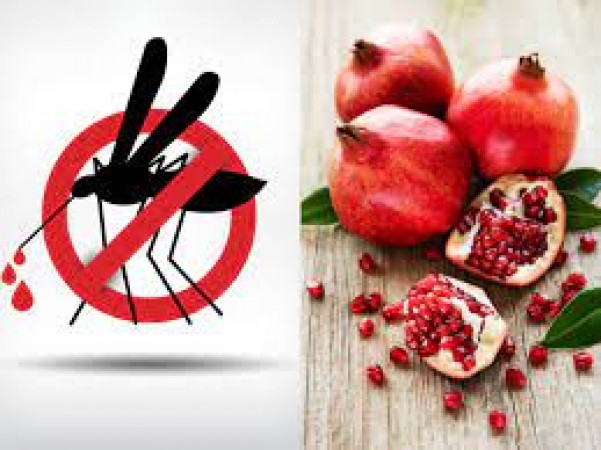
Dengue and malaria are serious vector-borne diseases that can lead to a significant drop in platelet count, a condition known as thrombocytopenia. Platelets play a crucial role in blood clotting, and a decrease in their count can lead to complications. While medical treatment is essential, incorporating certain foods into your diet can help boost your platelet count. This article explores eight vital foods that can aid in increasing platelet levels and promoting overall health.
Thrombocytopenia occurs when the platelet count in the blood drops below normal levels. This condition can result from various factors, including viral infections like dengue and malaria. Platelets are crucial for clotting and preventing excessive bleeding, so a reduction in their count can be concerning.
While medical treatment is essential for managing dengue and malaria, a well-balanced diet can significantly contribute to the recovery process. Nutrient-rich foods can provide the body with essential vitamins and minerals that support the immune system and promote platelet production.
Citrus fruits such as oranges, lemons, and grapefruits are rich in vitamin C. This vitamin not only supports the immune system but also enhances platelet function. Including citrus fruits in your diet can help combat the decrease in platelet count.
Papaya contains an enzyme called papain, which has anti-inflammatory properties. Additionally, papaya is a great source of vitamins A, C, and E, which play a vital role in boosting platelet production.
Leafy greens like spinach and kale are rich in chlorophyll and antioxidants. These nutrients aid in increasing platelet count while also detoxifying the body.
Pomegranate is known for its high antioxidant content, which can help protect and enhance platelets. Drinking pomegranate juice or including the seeds in your diet can contribute to a healthier platelet count.
Lean proteins such as poultry, fish, and tofu provide essential amino acids that support the production of platelets. These proteins also assist in tissue repair and overall healing.
Nuts like almonds and seeds like pumpkin seeds are packed with omega-3 fatty acids and antioxidants. These nutrients aid in increasing platelet production and improving overall blood circulation.
Whole grains like brown rice, quinoa, and oats provide a good amount of fiber, vitamins, and minerals. These nutrients contribute to better platelet health and immune function.
Fatty fish like salmon and mackerel are high in omega-3 fatty acids, which have anti-inflammatory properties. Including these fish in your diet can help regulate platelet function and maintain cardiovascular health.
Staying hydrated is essential for overall health and platelet production. Drinking sufficient water supports the circulation of blood and helps prevent the thickening of the blood, which can lead to clot formation.
Certain foods can hinder platelet production and should be limited. These include sugary and processed foods, excessive caffeine, and alcohol.
Apart from diet, lifestyle factors also play a crucial role in boosting platelet count. Prioritize adequate rest and sleep, as a well-rested body is better equipped to fight infections and recover faster.
North Korea Plans to Launch Satellite Between August 24-31: Report
Immersive Conversations: Exploring WhatsApp's Dynamic Photo Sharing
Unveiling Excellence: Samsung's Newest Handsets Redefine Mobile Technology